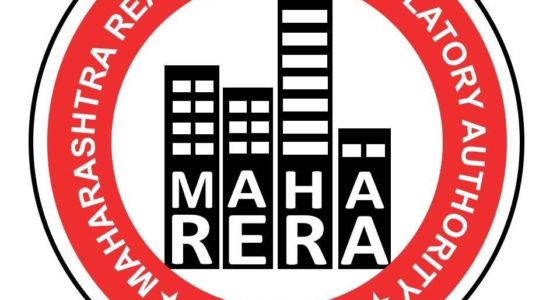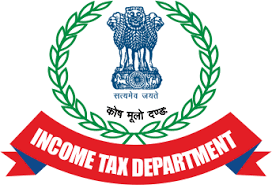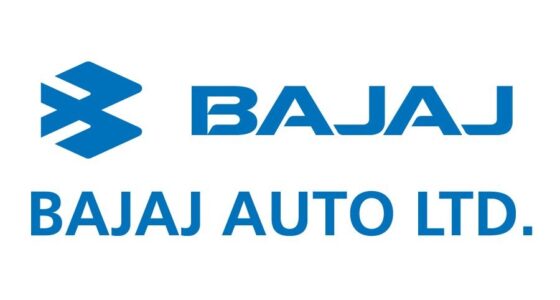In a powerful reaffirmation of consumer rights and constitutional freedoms, the Supreme Court of India on April 17, 2025, ruled that homebuyers have a fundamental right to peacefully protest and voice their grievances against real estate developers, as long as the protest is carried out in good faith and without the use of defamatory or abusive language.
The ruling came in the case of Shahed Kamal & Others vs. M/s A. Surti Developers Pvt. Ltd., where a group of 128 flat purchasers had displayed a protest banner outside their residential complex in Mumbai. The banner, written in English and Hindi, highlighted various unaddressed issues — such as the developer’s failure to form the housing society even after 18 months, poor maintenance of lifts, water supply issues, plumbing defects, and shabby garden conditions.
The residents described the banner as a peaceful and factual expression of their frustration. However, the developer responded by filing a criminal defamation complaint against the homebuyers, alleging that the banner harmed its reputation and was intended to malign its image in the public eye.
A Magistrate Court in Borivali, Mumbai, took cognizance and issued summons in 2016. After the High Court refused to quash the proceedings, the matter was escalated to the Supreme Court.
Delivering the verdict, a Bench comprising Justice K.V. Viswanathan and Justice N. Kotiswar Singh ruled in favor of the homebuyers and quashed the criminal proceedings, calling the builder’s complaint a misuse of the judicial process.
“There is no foul or intemperate language in the banner. The words used are factual and raise genuine issues faced by the residents. The protest was peaceful, non-abusive, and aimed at protecting the legitimate interests of homebuyers,” the Court noted.
The judgment emphasized that raising grievances through peaceful protest is protected under Article 19(1)(a), (b), and (c) of the Constitution, which guarantee the right to free speech, peaceful assembly, and association.
The Court further invoked Exception 9 of Section 499 IPC, which provides that statements made in good faith for the protection of one’s own interests or for public good do not amount to defamation. It also warned against the increasing trend of using criminal defamation as a tool to silence dissent and suppress consumer activism.
“If such prosecutions are allowed to proceed, it would have a chilling effect on free speech,” the judgment said, citing previous Supreme Court rulings that support the right to dissent within democratic limits.
The Bench also observed that in a builder-buyer relationship, some level of public feedback and criticism is inevitable, especially when contractual obligations are left unmet. It stated that the homebuyers acted within their legal and moral right to protest when they felt ignored and wronged.
The ruling not only brings relief to the petitioners in this case but also sets a strong precedent for housing societies and consumer groups across India who often struggle to make their voices heard in the face of powerful real estate entities.
Also Read: MahaRERA Appellate Tribunal Rejects Developer’s Appeal Over Delay in Filing









